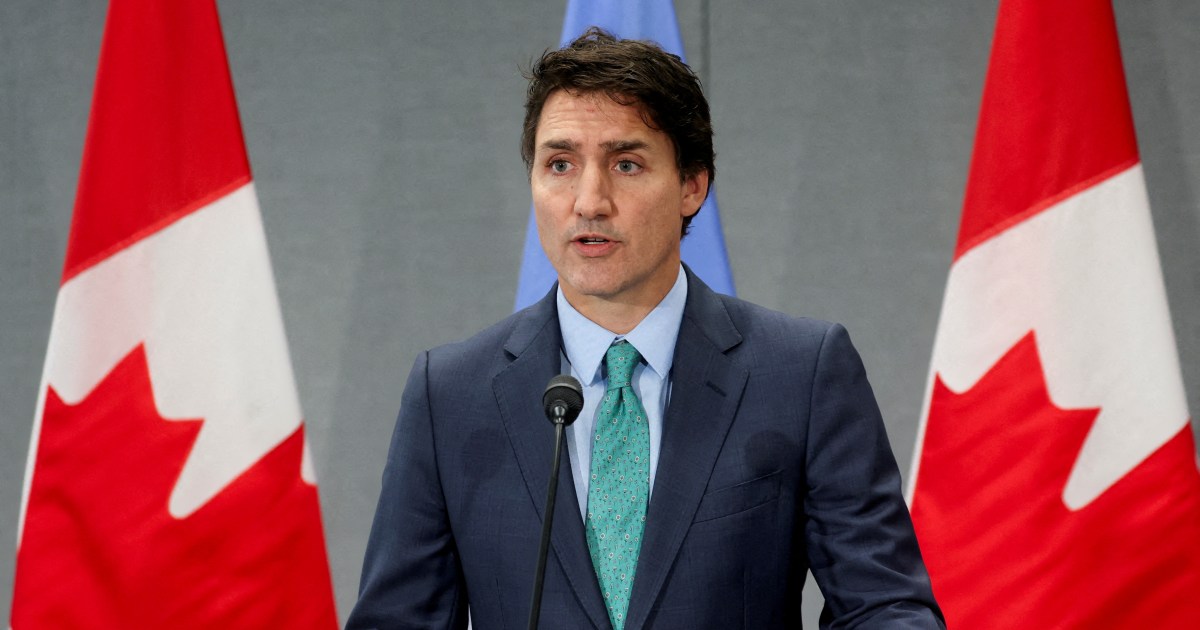Taiwan breaks ties with Honduras after it switches allegiance to Beijing
China has mounted a global pressure campaign to poach the remaining countries that recognize Taiwan. Beijing claims Taiwan as part of its territory and says it seeks “peaceful reunification” with Taiwan, which has never been ruled by the Chinese Communist Party.
“In disregard for our country’s assistance and friendship, the Castro government negotiated with China to establish diplomatic relations,” said Wu, in reference to Honduran President Xiomara Castro.
“China has always used flashy promises to lure our allies away, but after achieving its diplomatic goals, most of the promises have not been fulfilled, and some recipient countries have even fallen into debt,” said Wu.
Beijing announced formal ties with Honduras on Sunday and praised the decision. “This is the right choice that is in line with the prevailing trend and supported by the people. China highly appreciates that,” the Chinese Foreign Ministry said in a statement.
Honduras is the ninth country to sever ties with Taipei since Taiwan’s President Tsai Ing-wen took office in 2016.
The break leaves just 13 countries that recognize Taiwan. Tsai is set to visit the United States this week on a trip that will include stops in Belize and Guatemala. Taiwan has close unofficial links with Washington despite U.S. diplomatic ties with Beijing under the one-China policy, which acknowledges but does not endorse Beijing’s claim to Taiwan.
Honduras’s decision, which fulfills a campaign promise made by Castro in 2021, came after weeks of diplomatic back-and-forth over the country’s mounting debt problems. Foreign Minister Eduardo Enrique Reina earlier this month described the country as “up to its neck” in debt that included $600 million owed to Taiwan.
On Sunday, Wu said Honduras had “acted recklessly” by asking Taiwan for a “huge sum,” amounting to billions of dollars.
The way Taiwan assisted its other allies was typically more “plan-oriented,” said Wu, and Honduras’s request was “a bit like bribery.”
The dispute over Taiwan’s status dates to the end of the Chinese civil war in 1949, when the Nationalists fled to the island and established an administration there, transitioning to democracy decades later. Since then, the ruling Chinese Communist Party has claimed sovereignty over Taiwan, but it has never ruled the island, and there is limited support in Taiwan for a union with Beijing.
In recent years, Beijing has strengthened its presence in Central America. Panama, El Salvador and Nicaragua are among the countries that have cut ties with Taiwan since 2017.
In a statement late Saturday, the Honduran Foreign Ministry announced that “the government of Honduras recognizes the existence of just one China in the world” and described Taiwan as an “inseparable part of Chinese territory.”
Following Honduras’s announcement, the U.S. State Department said it was important to note that China often makes promises that remain unfulfilled and that the United States would continue to deepen its engagement with Taiwan.
On Sunday morning, the news trended on Chinese social media platform Weibo, and the topic “Honduras announces breaking diplomatic ties with Taiwan” had been viewed more than 100 million times.
The end of ties between Taiwan and Honduras shows how Washington’s influence in Latin America is shrinking, Zhong Houtao, an associate professor at the University of International Relations in Beijing, said in an interview with state media on Thursday.
“In Latin America, more and more countries are coming forward, unwilling to follow the lead of the United States,” said Zhong.
Pei-Lin Wu and Vic Chiang in Taipei contributed to this report.
Check out our Latest News and Follow us at Facebook
Original Source







